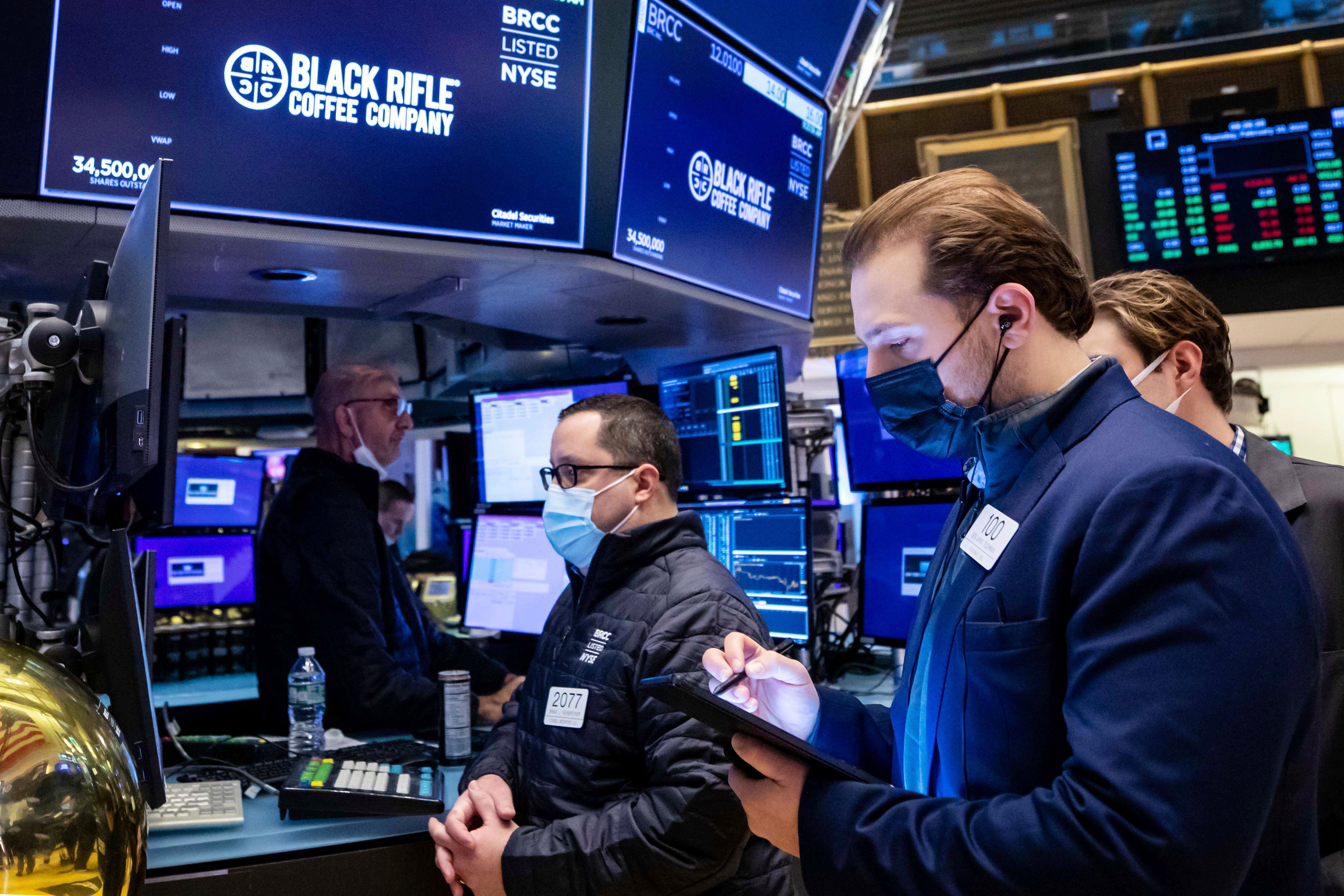Fed: Faster rate hikes are likely if inflation stays high
Federal Reserve policymakers concluded last month that they would accelerate their tightening of credit if inflation failed to slow in the coming months

Your support helps us to tell the story
From reproductive rights to climate change to Big Tech, The Independent is on the ground when the story is developing. Whether it's investigating the financials of Elon Musk's pro-Trump PAC or producing our latest documentary, 'The A Word', which shines a light on the American women fighting for reproductive rights, we know how important it is to parse out the facts from the messaging.
At such a critical moment in US history, we need reporters on the ground. Your donation allows us to keep sending journalists to speak to both sides of the story.
The Independent is trusted by Americans across the entire political spectrum. And unlike many other quality news outlets, we choose not to lock Americans out of our reporting and analysis with paywalls. We believe quality journalism should be available to everyone, paid for by those who can afford it.
Your support makes all the difference.Federal Reserve policymakers concluded last month that they would accelerate their tightening of credit if inflation failed to slow in the coming months.
Most officials agreed that faster interest rate hikes would be needed “if inflation does not move down” as the Fed's policymaking committee expects, according to the minutes of the central bank’s late January policy meeting, which were released Wednesday.
The minutes underscore the urgency that the Fed under Chair Jerome Powell feels about reining in a sharp spike of inflation, which has persisted longer and broadened to more industries than the policymakers had expected. As recently as December, Fed officials forecast that inflation, based on their preferred measure, would fall to an annual rate of 2.6%. It is currently 5.8%.
Most analysts expect Fed officials to raise that forecast at their next meeting, in mid-March, to reflect the acceleration of consumer prices. Inflation has reached its highest pace in four decades, hammering household budgets and wiping out the benefit of rising wages.
Fed officials are expected to raise their benchmark short-term rate several times this year beginning in March. At a news conference after their Jan. 26 meeting, Powell said the Fed would have "humility" and be “nimble” in its rate decisions. How quickly the policymakers raise rates, he added, would depend partly on how inflation and unemployment evolve.
Powell also said then that Fed policymakers are “of a mind to raise the federal funds rate at the March meeting, assuming that conditions are appropriate for doing so.”